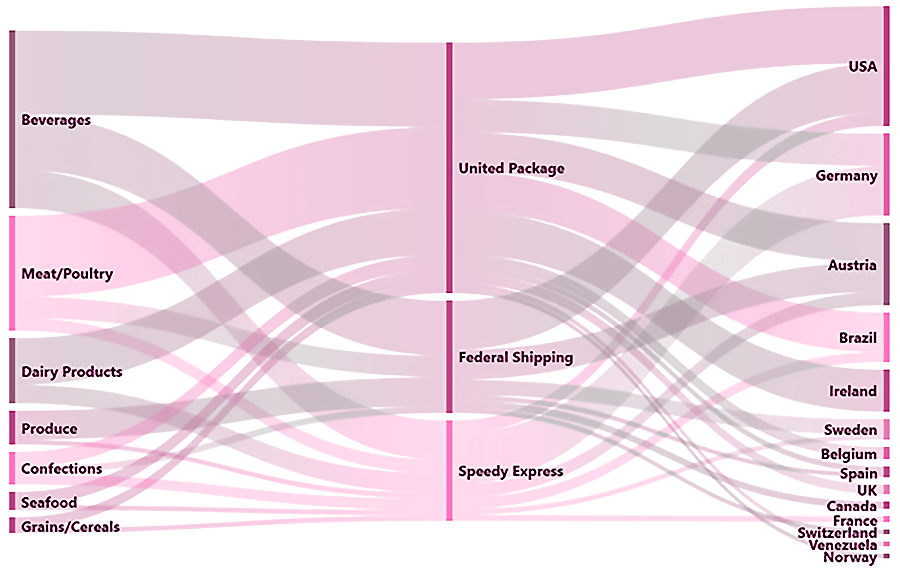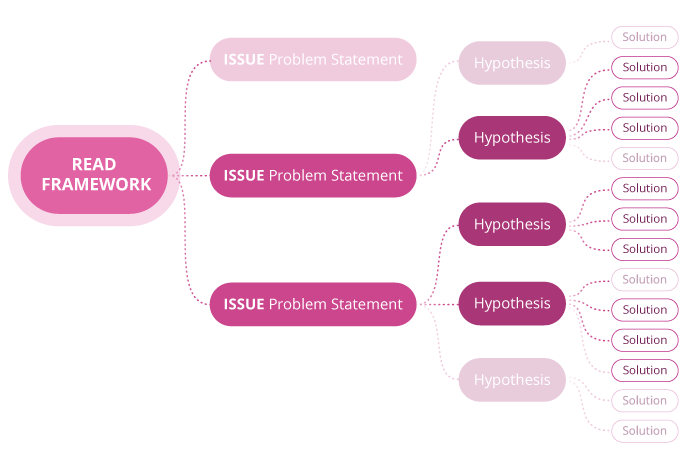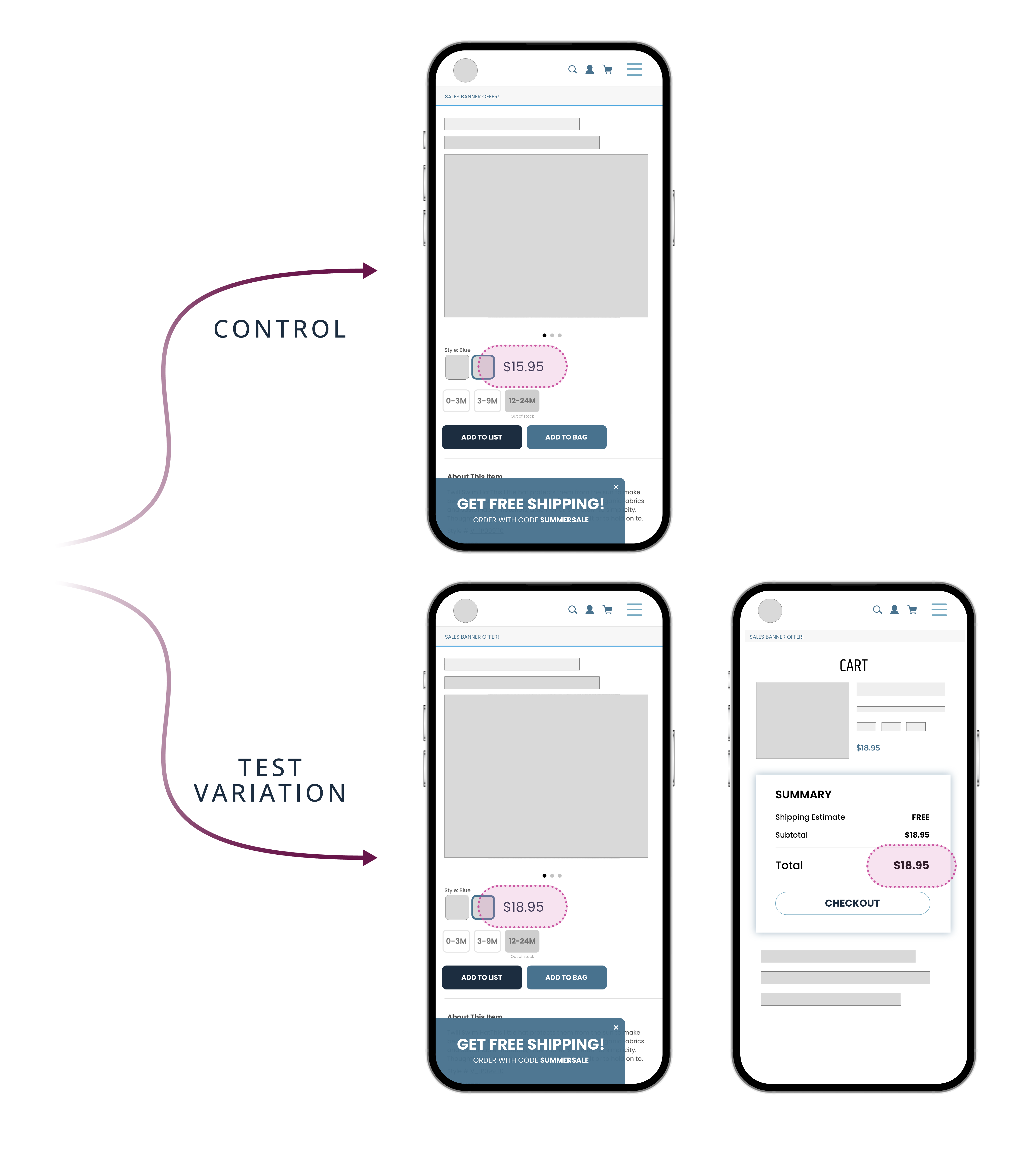Experience Optimization
Program Strategy

Explore Other
Experience Optimization Services
We will craft a tailored experimentation roadmap that aligns your company's objectives with actionable, data-informed strategy. The goal being to ensure a seamless integration of customer insights and innovative approaches for enhanced growth.
Conversion Research
The core of a data-led experimentation program is conversion research, a meticulous blend of UX research, DXI analytics, heuristics, and persuasion principles. This research is the foundation that informs the development of an optimal digital experience. By integrating both qualitative and quantitative data, our approach uncovers deep insights into user behavior and preferences. These insights help craft strategies that resonate with users and drive conversions.

Behavioral Analytics
Traditional marketing analytics tools often fail to provide a comprehensive understanding of the customer’s journey. Our approach utilizes advanced journey analytics tools to bridge this gap. These tools go beyond standard analytics by focusing on the qualitative aspects of the user experience, providing a more detailed view of how users interact with your digital platforms. This approach provides a better understanding of user behavior, and yields valuable insights about user psychology and experience, leading to improved user engagement and satisfaction.
Customer Journey Mapping
Understanding and enhancing the customer experience begins with documenting the customer’s actions, mindset, and emotions throughout their journey with your digital platforms. By creating detailed journey maps, we gain insights into the customer experience at every touchpoint, which uncovers the user’s challenges. Moreover, journey mapping often uncovers key areas for hypothesis development, which will in turn guide testing strategies with the greatest potential for impactful improvements. Our emphasis on the whole customer journey ensures that our optimization efforts are data-led and empathetically aligned with the users’ needs and expectations.
Roadmap Development
For organizations moving towards a more integrated experience optimization (EXO) approach, transitioning from centralized conversion rate optimization (CRO) to a Center-of-Excellence (CoE)-based experimentation program can reveal complex challenges. One significant hurdle is the effective integration of diverse research methods for hypothesis creation. To overcome these obstacles, a specialized process and methodology are put in place, bridging the gap between varied research techniques. This alignment of the experimentation roadmap with the organization’s larger business and operational goals ensures the program is both methodologically robust and strategically focused, promoting growth and advancing maturity beyond traditional CRO methodologies.

Hypothesis Development & Prioritization
Shifting the focus from opinion-based testing to the creation of data-informed hypotheses marks a significant evolution in optimizing customer experience and enhancing long-term ROI. The emphasis is placed on comprehending and addressing customer pain points, which in turn directs testing efforts. The adoption of the READ (Revenue, Evidence, Alignment, and Difficulty) prioritization framework introduces a systematic methodology to refine hypothesis selection and promote a data-led culture. This approach guarantees that experimentation not only aligns with strategic objectives but also plays a critical role in facilitating organizational learning and growth.
Continuous Optimization
In web design, the common trend is radical, comprehensive redesigns. However, our approach advocates for a gradual, strategic redesign process. This method reduces investment risks by ensuring each change is deliberate and data-driven. It improves site performance by allowing ongoing assessment and adjustments based on user feedback and behavior. Continuous optimization addresses customer pain points during development enhancing the user experience and aligning closely with your business objectives. This iterative approach leads to more sustainable and effective website improvement and in turn user satisfaction.

Low Traffic Website Optimization
Optimizing websites with limited traffic presents a unique set of challenges, distinct from those encountered in more traditional settings where A/B testing thrives. To bridge this gap, specialized optimization strategies are employed, including thematic testing, AI-powered hypothesis testing, heuristics, , CUPED testing, among other traditional approaches. These methods are designed to maximize the value of available data, enabling websites with limited traffic to make informed, data-driven decisions for meaningful improvements that positively impact the user experience and business outcomes.